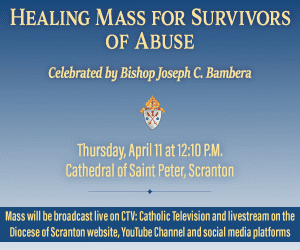HANOVER TOWNSHIP- Exaltation of the Holy Cross Parish has always been active in its community, but within the last year, several new ministry efforts have been launched because of the generosity of parishioners.
Due to the success of the parish’s “We Accomplish Great Things Together” initiative in 2023, the Luzerne County parish community has started distributing food to the community, launched a cancer ministry, and increased adult faith formation opportunities.

“It really is inspirational to be able to witness the outpouring of giving of the people,” Father Richard Cirba, Pastor of Exaltation of the Holy Cross Parish, said. “Both young and old. They value the ministry, and they value the mission. You can’t have one without the other.”
On Wednesday, March 27, 2024, the parish held an Easter food distribution in its church parking lot from 5:30-6:30 p.m. Food was distributed on a first-come, first-served basis. On Feb. 25, in a similar fashion, the parish provided more than 150 households with food care packages thanks to the generosity of the parish.
“Since the pandemic, the need is greater and continues to rise. We’ve been fortunate to provide warm meals and food care packages to the community through the support and donations of our parishioners,” Lynn Blazaskie, head of the parish’s service committee, said. “Through these donations, we’ve also been able to provide clothing, jackets, shoes, back-to-school supplies, backpacks, and Christmas gifts to those in need.”
Blazaskie said she is currently working with The Commission on Economic Opportunity (CEO) to start a permanent food pantry at Exaltation of the Holy Cross Parish.

“This vision is finally coming to fruition,” she explained. “My next dream is to have a permanent clothing/hygiene program on site, titled Holy Closet, where children and families can shop.”
Father Cirba credits parishioners who willingly increased their giving to help the parish build and enhance the current ministries and service and outreach efforts offered.
“The Increased Offertory Program enables us to pay full cost for any student wishing to attend any of the Diocesan retreats or conferences, like ‘Up and Over’ in the fall or NCYC (National Catholic Youth Conference) in Indianapolis,” Father Cirba said. “We pay for all of that. They don’t have to pay a cent. We’re able to do that because of the increase in offertory.”
Last summer, the parish also started “Wine Down Wednesday” events each month, in which a speaker was invited to come in and talk about their faith.
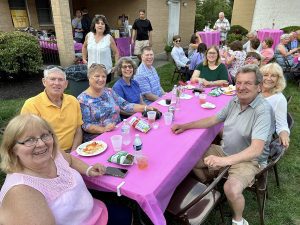
“We don’t want things to go by the wayside in the summer, so we held them three times,” the Hanover Township pastor added. “We have food and drink, and we have opportunities to socialize. It has brought together parishioners and even outsiders!”
Prior to the start of the “We Accomplish Great Things Together” initiative, Exaltation of the Holy Cross Parish already had many service-oriented ministries. Together, parishioners volunteered at the Weinberg Food Bank; volunteered at Thanksgiving food drives; adopted families at The Catherine McAuley House in Plymouth for Christmas; visited nursing homes; participated in suicide prevention walks; and provided outreach to the homebound and elderly members of the parish.
“The service committee expanded this past fall to include a cancer ministry. We held our first cancer walk in October in honor of those battling cancer and those that lost their battle to cancer,” Blazaskie said. “This event included raffle baskets and donations; all proceeds benefited local cancer charities. The walk was a huge success and will be an annual event moving forward. This outreach will continue to honor those battling cancer, their families, and caregivers, as well as those we remember.”
As he reflects on the outpouring of generosity from parishioners, Father Cirba often thinks about the Word of God proclaimed at Mass – especially Matthew 25.
“It’s living out the Gospel. We do what we do because we’re living out the Gospel,” he said. “Because we accomplish great things together, we’re able to fulfill the command of Jesus and fulfill the mission through ministry.”

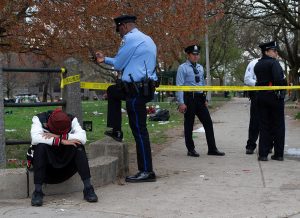
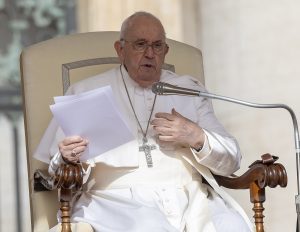

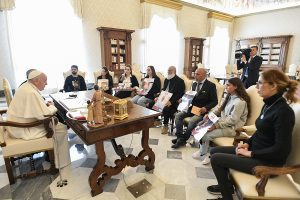
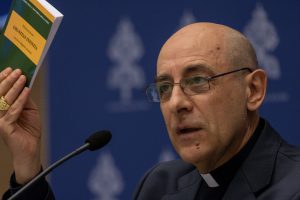

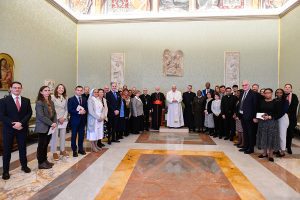
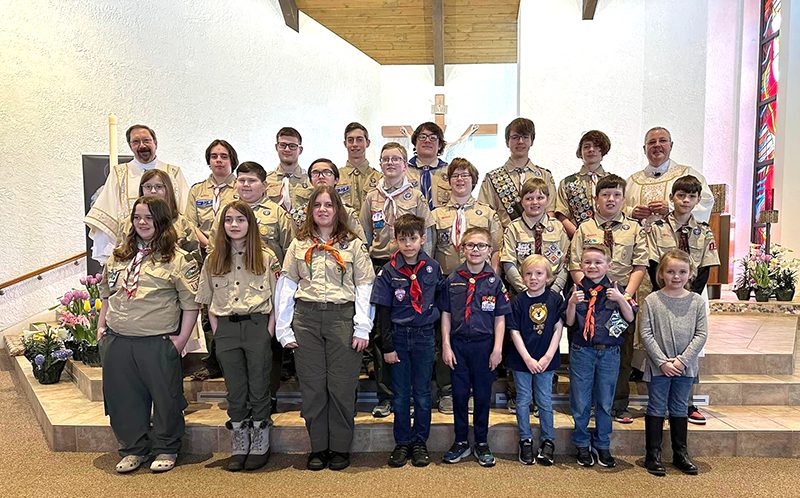 Living the scout oath
Living the scout oath